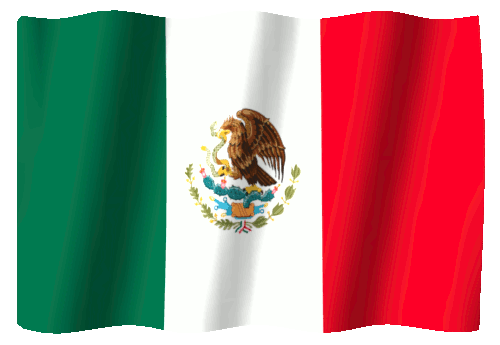- Mandatory E-Invoicing Framework: Mexico’s e-invoicing mandate, established in 2014, requires all invoices (B2G, B2B, B2C) to be validated in CFDI 4.0 format by the tax authority or certified providers (PAC) before delivery. Invoices must be digitally signed and include a unique identifier, Folio Fiscal, ensuring compliance and authenticity.
- Certified Service Providers (PAC): The e-invoicing process relies on PACs for validating invoices, known as “Timbrado.” These providers verify the identities of both issuers and recipients, ensuring adherence to SAT requirements. PAC certification involves strict legal and technical requirements and must be renewed annually.
- Delivery and Compliance Tools: Invoice issuers can deliver validated invoices electronically, in PDF, or on paper, with the latter requiring a QR code for authenticity verification. The SAT offers free tools to assist businesses, particularly small enterprises, in generating and submitting invoices, promoting compliance across various business sizes.
Source The Invoicing Hub
See also
- See also
- Join the Linkedin Group on Global E-Invoicing/E-Reporting/SAF-T Developments, click HERE
Latest Posts in "Mexico"
- Mexico Proposes 8% Special Tax on Violent and Adult Video Games from 2026
- Mexico Publishes List of 270 Registered Foreign Digital Service Providers as of October 2025
- CFDI Compliance in Mexico: Key Tax Regime Rules for Retailers and Wholesalers
- Key 2025 Tax Reforms in Mexico: Financial Services, Insurers, Digital Platforms, and Tax Compliance
- Mexico Imposes 8% Tax on Violent Video Games, New Rules for Digital Platforms Effective 2026















